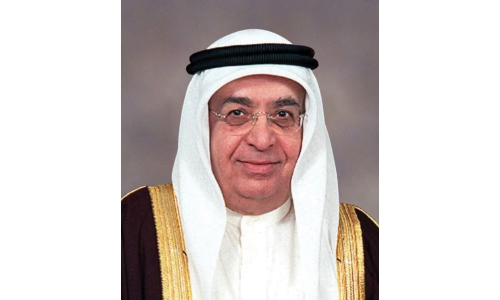Bahrain Cabinet approves proposal to launch budget performance, incentives system for ministries
TDT | Manama
The Daily Tribune – www.newsofbahrain.com
A memorandum that includes a proposal to launch a budget performance and incentives system to enhance the financial planning of ministries and government agencies was approved by the Cabinet yesterday. It was part of a memorandum by the Ministerial Committee for Financial and Economic Affairs and Fiscal Balance on the implementation of the initiatives under the Fiscal Balance Program which aims to achieve fiscal balance by 2024.
The implementation plan covered the four expenditure rationalisation initiatives approved, including a reduction in the operating expenses budget by up to 20% for the fiscal year 2022 and an additional reduction of up to 15% for the years 2023 and 2024, in addition to the four initiatives approved to enhance non-oil revenue. The weekly Cabinet meeting, held at Gudaibiya Palace, was chaired by the Deputy Prime Minister, His Highness Shaikh Mohammed bin Mubarak Al Khalifa.
It commended His Majesty King Hamad bin Isa Al Khalifa’s address at the Paris Peace Forum’s opening session, which emphasised the importance of strengthening international cooperation on scientific development and improving global governance. The speech highlighted that a safe, prosperous, and sustainable existence for humanity can be achieved through close international cooperation, especially in light of recent global events and challenges.
The Cabinet commended the official visit of His Royal Highness Prince Salman bin Hamad Al Khalifa, the Crown Prince and Prime Minister, to the UAE, and his meeting with the Crown Prince of Abu Dhabi and Deputy Supreme Commander of the UAE Armed Forces, His Highness Sheikh Mohamed bin Zayed Al Nahyan. It highlighted that the visit will further develop bilateral cooperation between the two countries. Additionally, it will expand horizons for collaboration in the political, diplomatic, security, economic, industrial, commercial, tourism, energy, transportation, education, climate change, health, and advanced technology fields.
Related Posts

